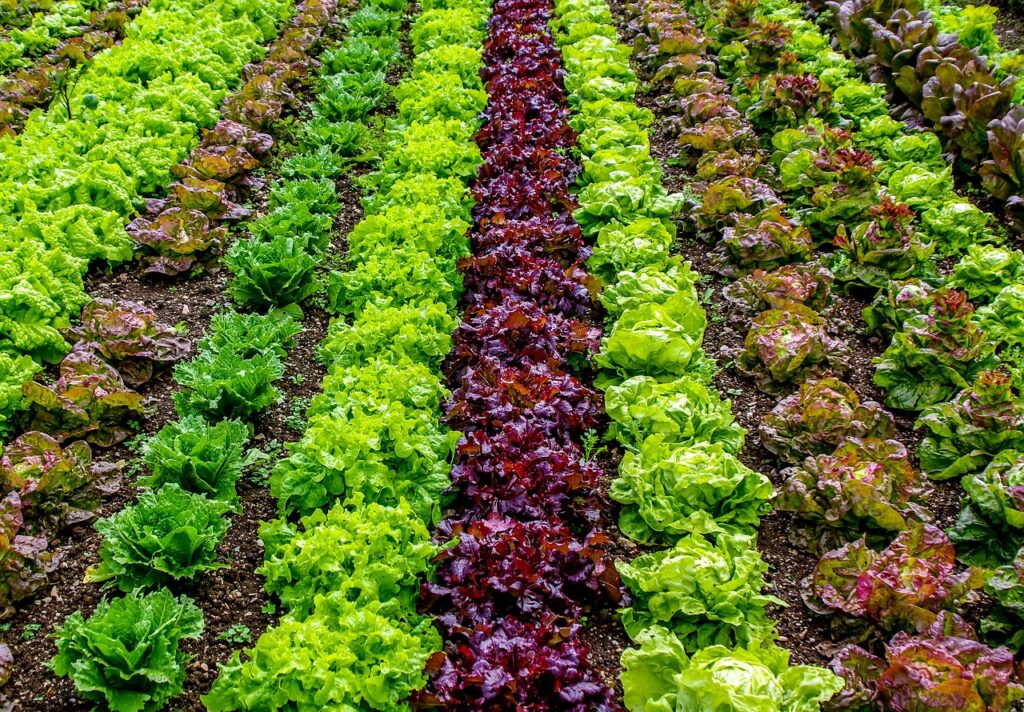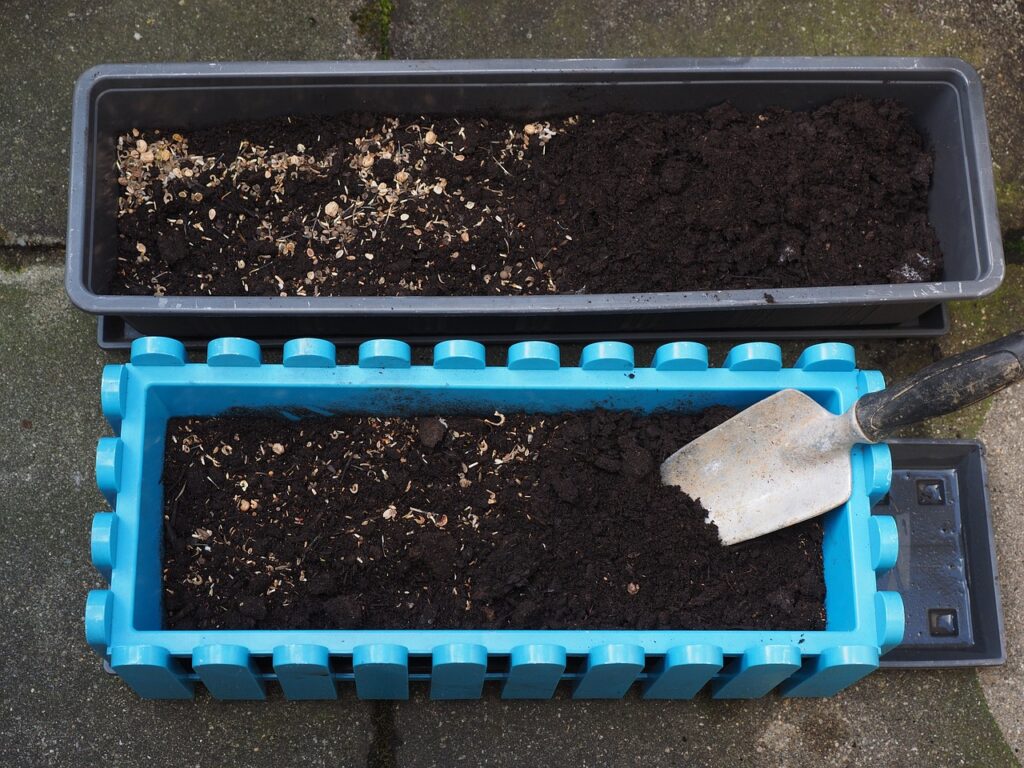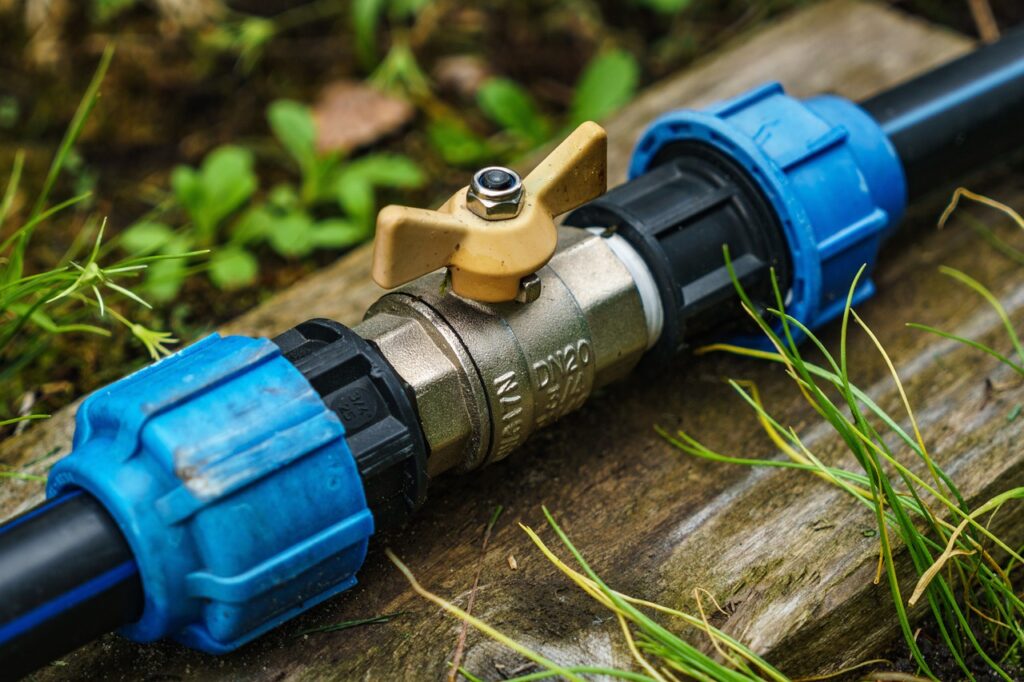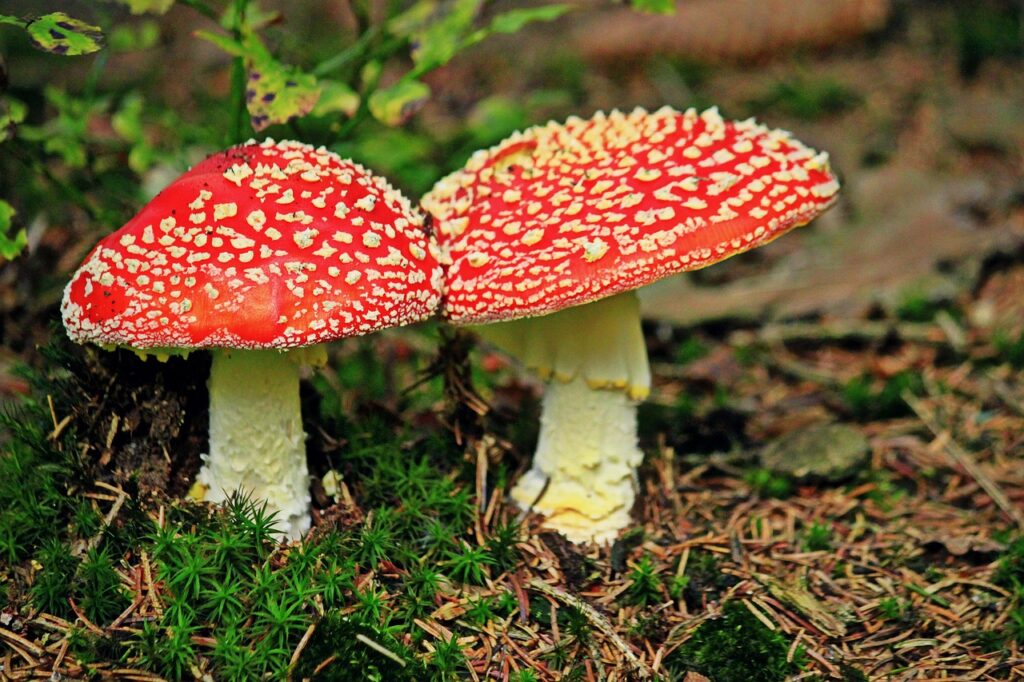To start a garden for beginners, pick a location with some soil, then add in the plants you wish to grow. However, there are a few questions to ask to better prepare yourself to start your garden.
When Should I Start a Garden?
March and April
In general, it is best to start a garden 8 to 12 weeks before the last frost. Start with planting seeds indoors at this time, then transferring the plants outside once the chance of frost has disappeared. For specific plants, reference instructions on seed packets. In addition, knowing your climate zone will determine when the best months is to start a garden. For most areas that is March or April.
How to Pick the Right Location for a Garden?
When deciding on the right location for a garden, consider the environmental factors needed to sustain your garden. Sunlight and sun exposure will allow certain plants to thrive, while shade will be better for other plants.
Next consider water and water sources. A garden that is far from a water source will be difficult to water. In addition, adding an irrigation system far from a water source can be costly and time consuming to lay out all the piping.
Wind is another cause of damage to gardens. When picking the location for your garden, pick an area that does not get full strength wind on a regular basis. Place barriers around areas that receive high wind to protect the garden. However, some barriers may cause shade on places that previously received full sunlight.
Another condition to look at when building a garden space, is the proximity to your residence and wildlife or pets. Your garden should be within a reasonable distance to your home to allow for ease of harvesting. Otherwise, a cart or car may be needed to retrieve the produce from your harvest. For wildlife and pets, place a fence to protect your garden. Some vegetables or flowers in your garden may be prey to rabbits or groundhogs. Use hardware cloth or thin gage wire around the perimeter of garden fence to protect your garden further.

How Much Space Do I Need to Start a Garden?
In general, to start a garden you need a small amount of space or a few large pots. A 4’x4’ square is sufficient for starting a garden that will produce enough space for a variety of plants. Gardening to produce large amounts of vegetables or flowers will require more space. However, using one 5-gallon pot is good enough to grow a large tomato plant or a few tulips. There are also vertical growing options that will allow for more space to grow food or flowers. Check out https://ezgrowgarden.com for some vertical growing options.
Is My Climate or Environment Good for a Garden?
In the United States, areas of the country are placed into climate zones. Each zone has a designated growing time that has beginning and ending frost times. To find your local climate zone go to https://planthardiness.ars.usda.gov and zoom in on the area needed. The higher the climate zone, the warmer the zone. In addition, the higher the zone, the lower number of freezing days.
How Much Does Starting a Garden Cost?
Starting a garden from scratch can cost anywhere from $100 to $1,000. However, some gardeners can use free resources from neighbors or friends. Seed packets are relatively inexpensive, but soil and garden boxes can become expensive.
To start a garden with no cost, use what is readily available to you. Take seeds from produce purchased at the grocery store or use the sprouted old potatoes in the pantry. Dig up some dirt in your backyard or ask a friend or family member to get some dirt for pots.
Can I Use the Dirt I Have to Start a Garden?
Dirt that is already available in your backyard or garden space may be sufficient in growing enough vegetables. However, some soil needs to be amended with compost or other nutrients. To find out if your soil needs nutrients, a soil test will be needed. For raised bed gardens, soil testing is not needed as soil will be added to the boxes.

Which Plants are Beginner Friendly?
Top Twelve Vegetables that are Beginner Friendly
- Lettuce
- Green Beans
- Radishes
- Bush or Cherry Tomatoes
- Zucchini
- Peppers
- Beets
- Carrots
- Chard
- Spinach
- Kale
- Peas

Flowers that are beginner friendly are those that self-seed or are perennial plants that will regrow every year. Cosmos, Calendula, Borage, and Poppies are common flowers and herbs that self-seed every year.
Before deciding on what plants to start growing, consider what your family likes to eat. Don’t grow carrots if no one likes carrots. In addition, be realistic about how many vegetables you eat. Don’t grow 18 different vegetables if you only eat tomatoes and onions. Finally, grow vegetables that are hard to find in stores, or are overly expensive. Strawberries, or tomatillos are good choices to grow to save some money.
Common Questions About Starting a Garden
How Much Time Will I Spend in the Garden?
In general, plan to spend 6 to 8 hours a week in a small garden, 8 to 12 hours for a large garden. Time will be spent working on watering, weeding, harvesting, checking for pests, or just enjoying the fruits of your labor. On days with rain, watering will not be needed, and that time can be donated to other tasks.
Do I Need an Automatic Watering System for My Garden?
Automatic watering systems are not needed when starting a garden but are very beneficial for dry climates or large gardens. Automatic watering systems do save time and money overtime. In addition, the allow for better control of water resources.

Which Tools Do I Need to Start a Garden?
To start a garden, a hand shovel and a watering can are sufficient. However, other tools like trowels, gloves, rakes, wheelbarrows, hoes, pruners, spades, and loppers may be useful.
What Dangers are There in Starting a Garden?
In general, starting a garden is not dangerous. However, there are a few dangers that lurk in any garden. For example:
- Accidental Cuts and Scrapes
- Disease Carrying Bugs
- Harsh Chemicals
- Extreme Heat and Extreme Cold
- Poisonous Plants
Cuts and scrapes should be treated quickly after they happen to prevent infection.
Disease carrying bugs are hard to prevent, but if stung or bitten by an insect, treat it with caution and apply salves to treat the area. Monitor for any symptoms and seek medical attention in serious cases.
Harsh chemicals can be caustic to skin or cause respiratory issues if inhaled. Follow precautions according to package labels to reduce risk, or simply avoid harsh chemicals all together.
In extreme heat or cold conditions, wear the appropriate garments and keep hydrated. Do not spend long periods of time in either condition.
Poisonous plants are common in some areas and can be identified by common sayings such as “leaves of three let it be” or by referencing the CDC list of poisonous plants which can be found here. https://www.cdc.gov/niosh/topics/plants/identification.html. There are also mushrooms that are considered poisonous, be sure to research various mycology to identify what is safe and what is not.

What Animals Will Eat the Plants in My Garden?
Animals that will eat the plants in a garden are different depending on environments. Here are some of the animals that are commonly found uprooting gardens:
- Rabbits
- Voles
- Woodchucks
- Deer
- Chipmunks
- Squirrels
Overall, starting a garden for beginners involves using what is available to you in the price range that works best for your situation. The best method of learning to garden, is getting started and learning from any mistakes made along the way.
Other Articles on Gardening
What to Consider When Planning Your Garden
https://boonstead.com/what-to-consider-when-planning-your-garden/
Do I Buy or Harvest Seeds for My Garden?
https://boonstead.com/do-i-buy-or-harvest-seeds-for-my-garden/
How to Weed Your Garden a (A Full Step List)
https://boonstead.com/how-to-weed-your-garden-a-full-step-list/
Recent Posts
In general, to harvest your own seeds, you must choose mature, healthy plants, allow seeds to dry out, and remove the seeds when they are completely dry. However, this process will look different for...
A guide on how to store and organize seeds for your garden. Vegetables, flowers, herbs, or anything you are wanting to grow. How to Store Your Seeds Proper storage of garden seeds is essential...
